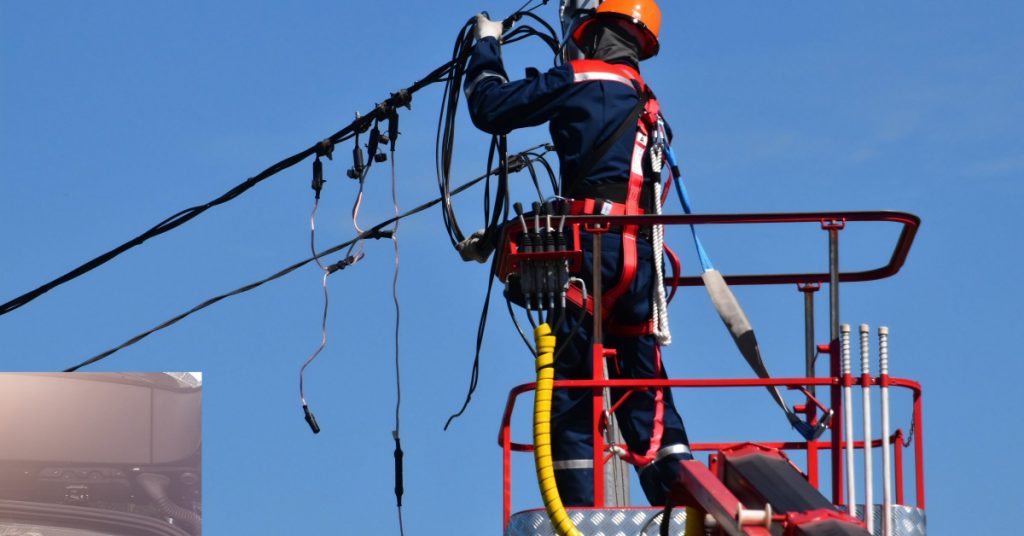Licensed electricians are professionals who install, maintain, and replace electrical wiring in homes, industrial facilities, and other places. These professionals can be hired by private companies, electrical contractors, and others to perform routine maintenance and repairs. The types of work that electricians perform vary widely. However, most electricians work in one of three main categories: residential, industrial, and commercial.
The 3 Main Types of Electricians
Industrial electricians install and repair large machinery and equipment. They may work at manufacturing facilities, power plants, or chemical facilities residential electrician tucson az. They also oversee other industrial processes, such as security systems. A few electricians specialize in fire and security alarms. Others may work on water-faring vessels or in marine equipment. They make sure the wiring in these vessels is water-resistant.

Industrial electricians also maintain power plants and manufacturing facilities. They may travel to different job sites. They are responsible for the installation and maintenance of electrical systems, such as lighting, heating, and air conditioning systems. They may also lead teams of electricians. These professionals must possess a working knowledge of public safety regulations.
Industrial electricians typically have a lot more experience than residential electricians. In industrial settings, electrical systems require more power. They may have to work on larger projects, and they may be required to spend a lot of time on site. They also must be able to squat and bend for long periods of time. They also need to be familiar with building codes.
Industrial electricians may specialize in manufacturing, computer systems, and other industrial processes. They may also be responsible for maintaining roadway lighting, streetlights, signage, and other electronics. They are certified by the National Electrical Safety Code. They may also hold highway systems certifications. These professionals are responsible for the installation, maintenance, and repair of electric lines on roadways. They are also responsible for the inspection of these systems. They are supervised by primary electricians.
Industrial electricians may also work for automotive manufacturers and dealerships. Automotive electricians may repair and maintain electrical systems in vehicles. They may also work for dealerships and repair shops. These professionals are typically paid more than residential electricians. Depending on their skill level, they may work in new buildings or in older buildings. They may also be hired to perform maintenance on equipment, such as oil pumps, engines, and air conditioning systems.
Commercial electricians are similar to residential electricians. The only difference is that they usually work in larger commercial buildings. They have to complete apprentice training at commercial facilities before working on their own. They also may need to gain work experience under a licensed industrial electrician. This can take several years.
Commercial electricians can specialize in single-phase or three-phase electrical services. They may also be hired to install wiring for new homes or commercial buildings. They also install telephone lines and other wiring systems. They may also lead teams of electricians as a foreman. These electricians are responsible for installing wiring that is compliant with current building codes. They must also plan for future repairs and replacements. They may be hired by electrical contractors, or they may be independent contractors.
